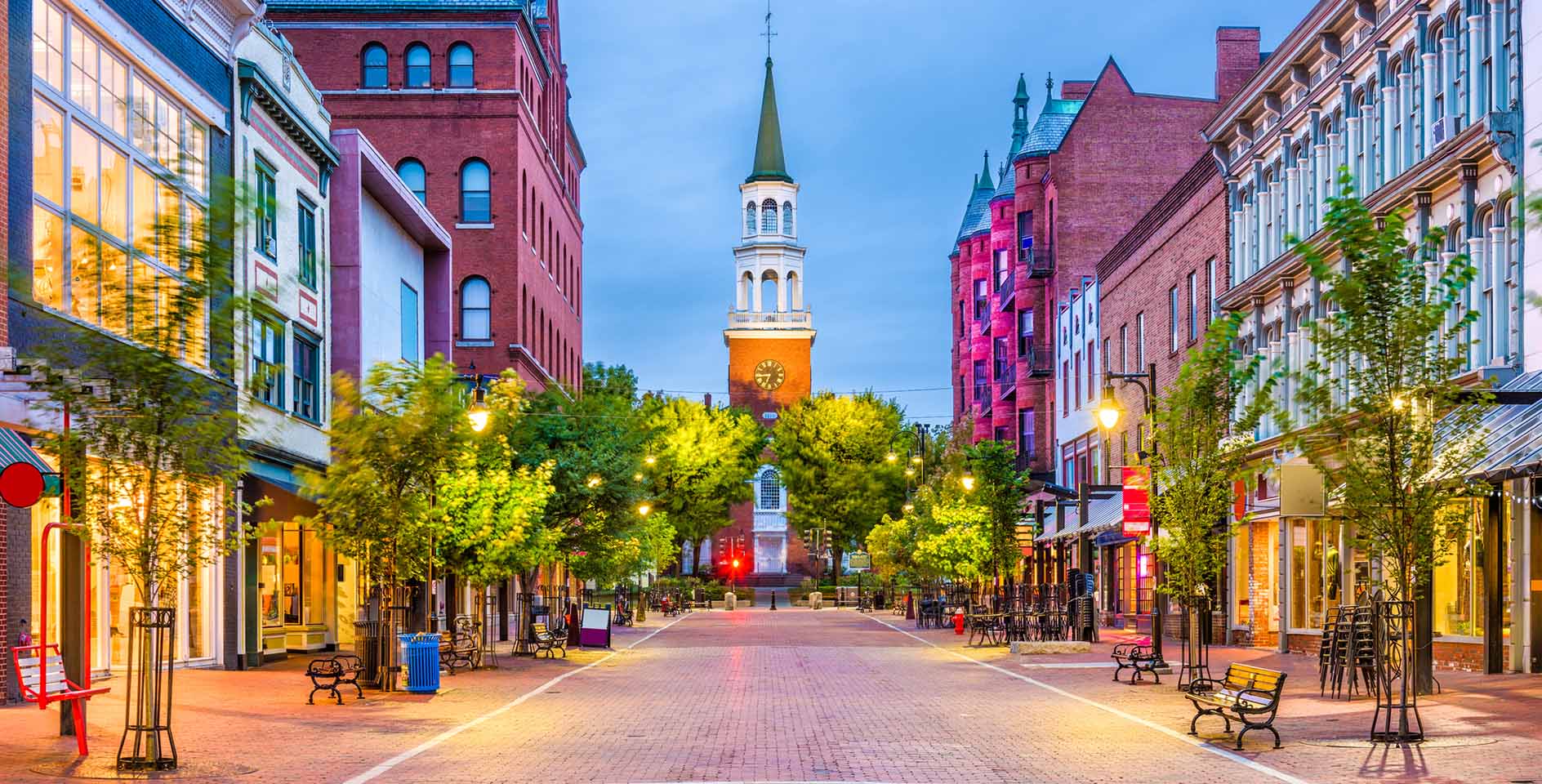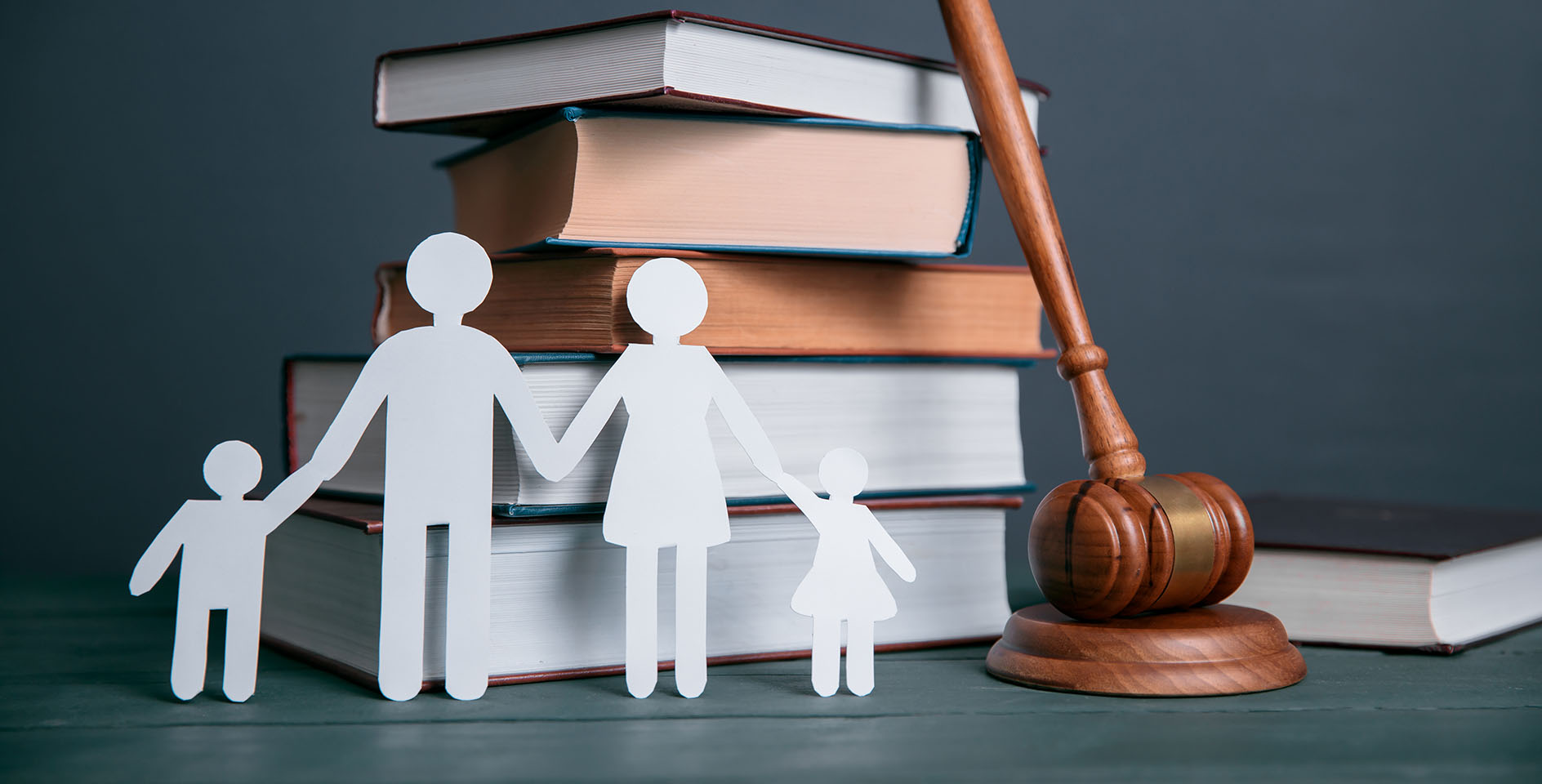November 2020 marks the 400th anniversary of the arrival of the “Pilgrims” in Plymouth Colony in New England. In other times and other years, the anniversary might have attracted more notice, but in the year of COVID, and amidst a controversial American election, the Pilgrims’ anniversary will undoubtedly be muted.
The quiet tones about Plymouth also derive from Americans’ general uncertainty today about how to observe and honor such occasions, when much of the American (and Christian) past is viewed as ethically complex at best, and an unrelenting tale of racist and imperial oppression at worst. Such criticisms of American history, and Plymouth specifically, are not brand new. As Malcolm X once said, “we didn’t land on Plymouth Rock, the rock was landed on us.”
1619 got far more notice last year than 1620 will get this year, with 1619 being the year of the first documented shipment of slaves to Virginia, and subject of the much-debated New York Times “1619 Project.” The veritable standoff between 1619 and 1620 has rendered sober observers uncertain about what to celebrate in the American past, and how.
Into this uncertainty comes John Turner’s outstanding and carefully-researched book, They Knew They Were Pilgrims: Plymouth Colony and the Contest for American Liberty. Turner tellingly asks at the outset “do the Pilgrims and their colony matter?” The answer actually remains clearer on a popular level than on an academic one. With all the recent furor over the American past, there is still no hope of displacing Thanksgiving on the American calendar. (COVID may push it to the back porches of America’s homes, however.) Americans are probably as unified about observing Thanksgiving as any other holiday. American Thanksgiving hazily conjures images of Pilgrims and Indians being nice to each other, or something to that effect. As usual, many of the impressions we have of the first Thanksgiving are a bit off: it is more likely that they ate eel instead of turkey, for instance.
The importance of Plymouth for the story of liberty
Plymouth wasn’t the first permanent European settlement in North America (that was St. Augustine, Florida), or the first English settlement (Roanoke Island), or even the first permanent English colony (Jamestown in Virginia). But no matter: Plymouth is inextricably bound up with Thanksgiving, and so we remember it. Scholars, however, have spent little time on Plymouth since historian John Demos’s landmark study A Little Commonwealth: Family Life in Plymouth Colony a half-century ago. Part of the reason for Plymouth’s neglect is that the more numerical and better documented Puritans of Massachusetts have occupied the main stage of colonial American studies. Plymouth, which Massachusetts ultimately absorbed, gets treated by historians as a sideshow.
Turner uses the anniversary to reexamine Plymouth as a “fresh lens for examining the contested meaning of liberty in early New England.” If previous historians might have seized upon the Mayflower Compact and its covenanted “civil Body Politick” to show Plymouth’s contribution to the American democratic tradition, Turner uses Plymouth as a vantage point to demonstrate the vibrant but bitterly clashing traditions of liberty that have marked America from the beginning.
They Knew They Were Pilgrims seeks to understand closely the cultural and religious influences that shaped the Pilgrims and the Wampanoags of southeastern Massachusetts. The Wampanoags’ world was already in turmoil before 1620, but the Pilgrims’ arrival challenged the Native Americans’ aspirations to mastery over the region like nothing before. We learn too about the Plymouth Separatists’ background in England and in the Netherlands, where many of them sojourned for a time before sailing to America.
Clashing visions of liberty
The Pilgrims did not call themselves “the Pilgrims,” but they were radical English Protestants who rejected the established Church of England for having retained too many “popish” practices in the decades following the English Reformation in the 1530s. For Separatists (and for most other leaders of the Reformation), true liberty was freedom to live according to the precepts of God’s Word. That freedom was routinely denied to Separatists in England, and in the Netherlands they found themselves surrounded by Dutch Christians who agreed with Christian liberty in principle, but whose readings of God’s Word differed from the Separatists’ in important ways. Thus, as for many devout Christian groups in the 1600s, a New World colony became a refuge where the Separatists could exercise Christian liberty.
Yet the Plymouth colonists denied physical liberty to many Native Americans, who lost land to the English colonists, and many Indians also became enslaved to the English. Plymouth trafficked in smaller but significant numbers of African slaves, too. Whatever friendly feelings there had once been between the English and Indians was finally wrecked by the horrors of King Philip’s War in the mid-1670s, which by percentage of population killed was probably the deadliest war in American history. Massachusetts and Plymouth forces killed untold numbers of Indians, and they enslaved and deported hundreds more to the Caribbean and to destinations as far off as Spain.
Even in the Separatists’ churches, there was disagreement about what liberty and the Word of God required. They were among the small minority of English people who abandoned the Church of England, but still they could not agree amongst themselves on correct biblical practices for churches. Founders of the English Baptist movement had deep connections to the Separatists, but most Separatists continued to affirm infant baptism. Their break from the Anglican Church spawned incessant debates among the Separatists about ecclesiology and doctrine, however, such as the one that broke out when Plymouth called future Harvard College president Charles Chauncy as pastor in the 1630s. (Chauncy is not to be confused with his great-grandson of the same name, the Boston pastor who was the most vocal opponent of the revivals of the Great Awakening.)
Chauncy affirmed paedobaptism, but he thought that infants should be immersed, rather than sprinkled. Some in the Plymouth congregation suggested that Chauncy could offer paedobaptism by immersion in addition to sprinkling, but Chauncy insisted that immersion was the only biblical mode. (Baptists would say he had gone halfway toward the correct view, which is believer’s baptism by immersion.) Some feared that baptizing infants in the frigid waters of a New England pond would threaten children’s well-being. Indeed, one of Chauncy’s own children reportedly died due to exposure to extreme cold in baptism.
Chauncy’s recalcitrance led Plymouth to rescind their offer of employment. He moved on to Scituate, up the coast from Plymouth. More feuding there led to one of the first church splits in colonial American history, giving tiny Scituate a second separate congregation. Liberty was and is a preeminent Protestant concern. But, Turner seems to wonder, who adjudicates when Protestants do not agree about God’s will? How will we know in this life when we have manifested the true “liberty wherewith Christ hath made us free” (Gal. 5:1)? Seen in this context, the Plymouth colonists look even more like time-bound pilgrims trudging toward John Bunyan’s Celestial City.










